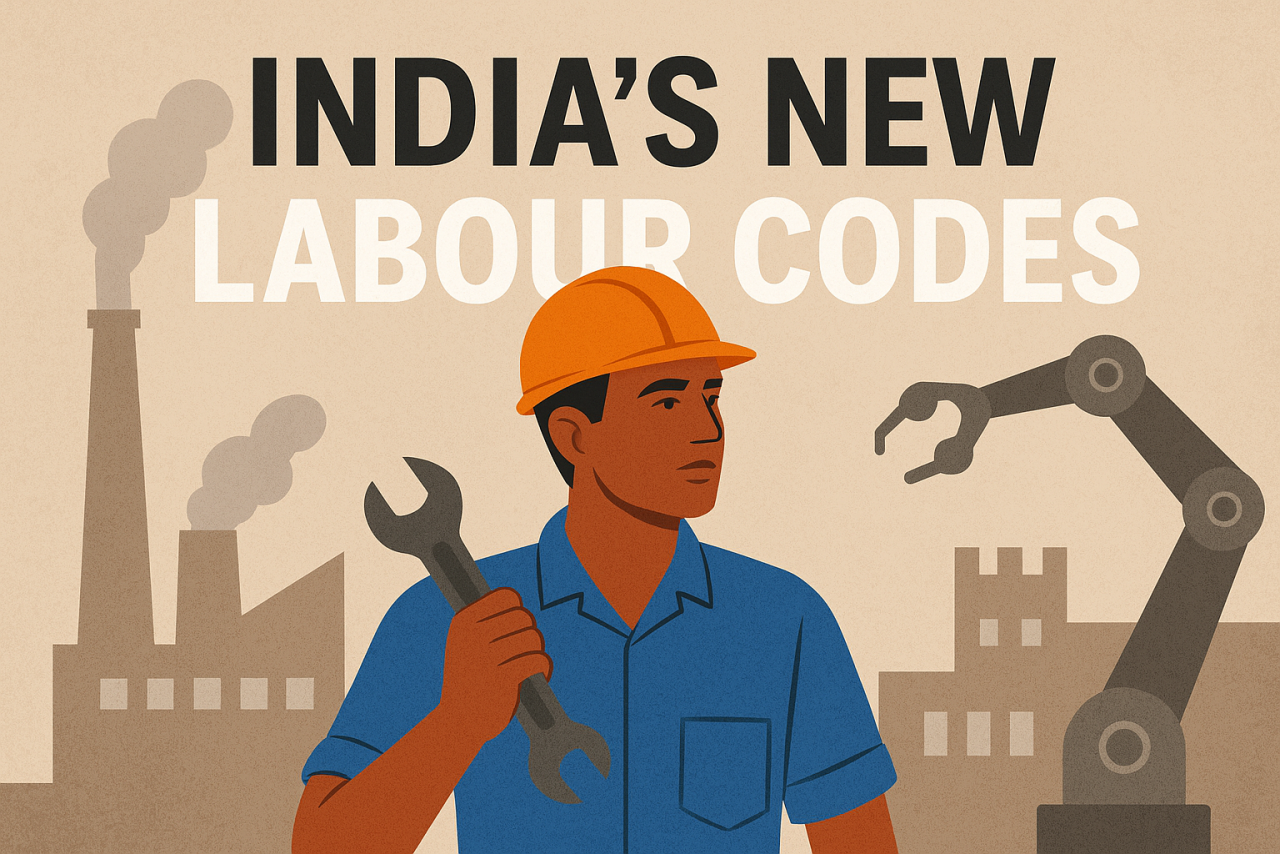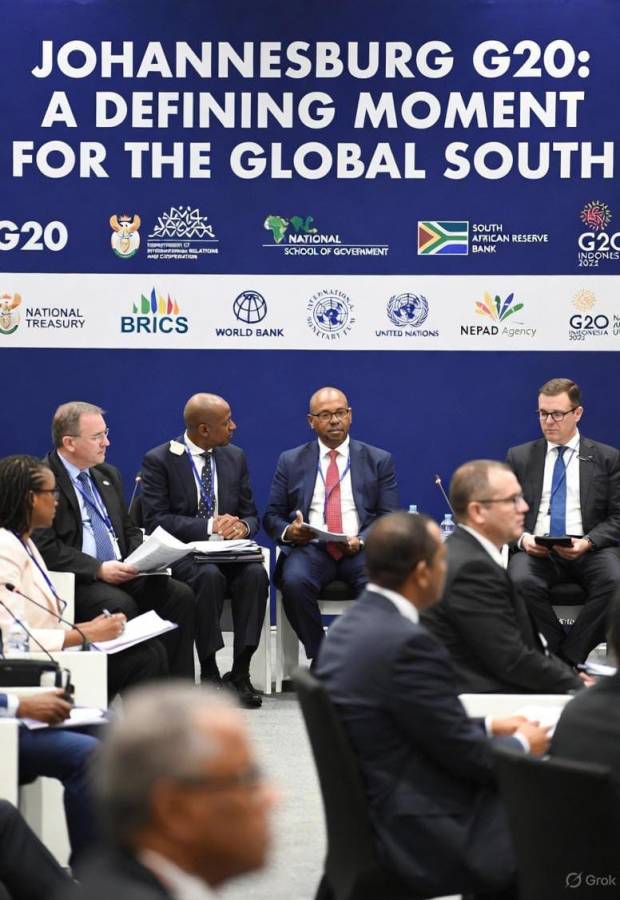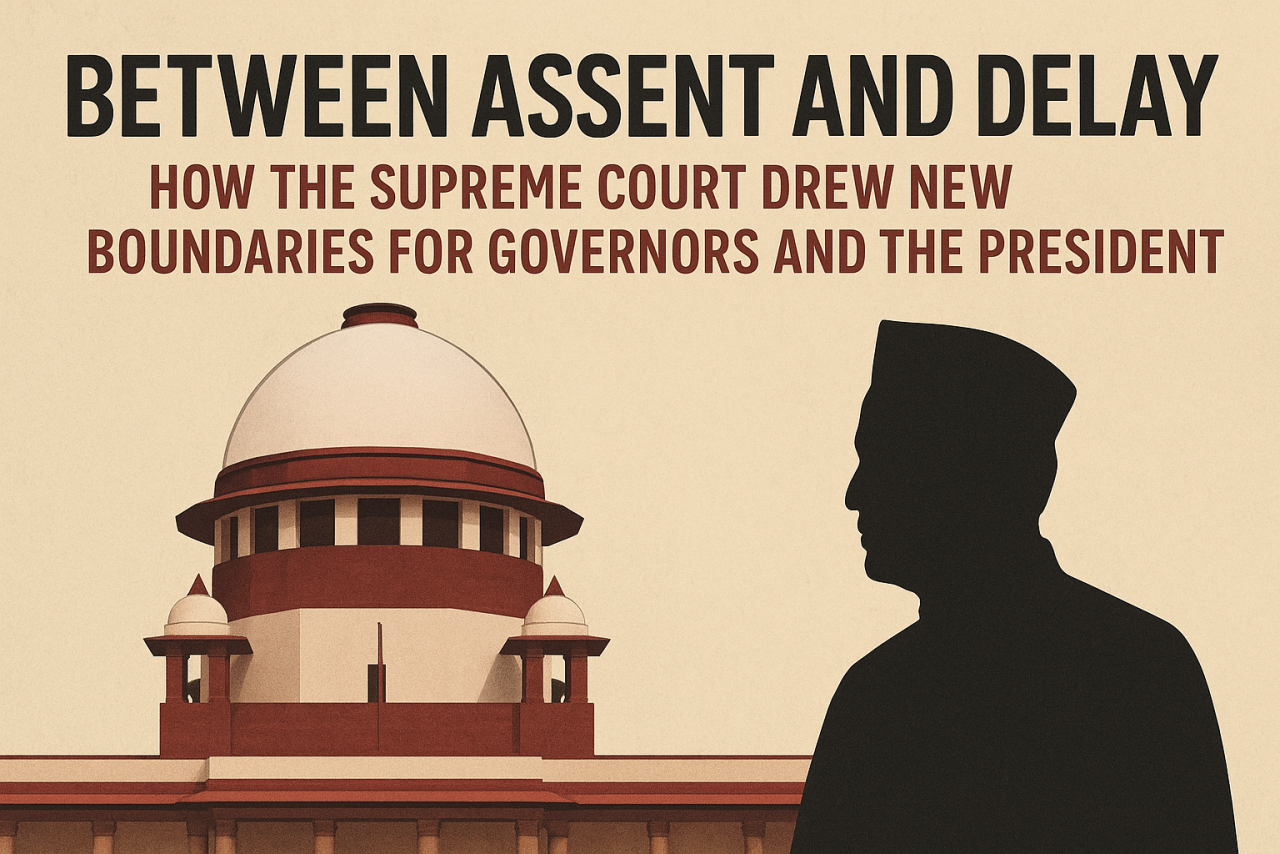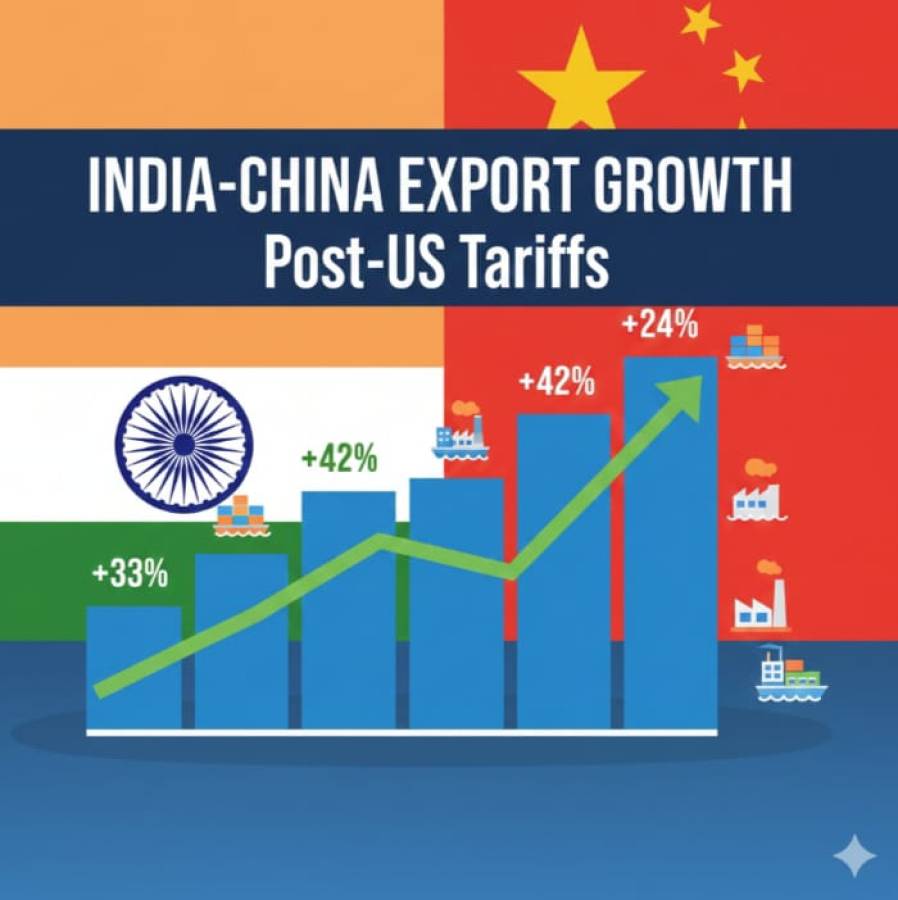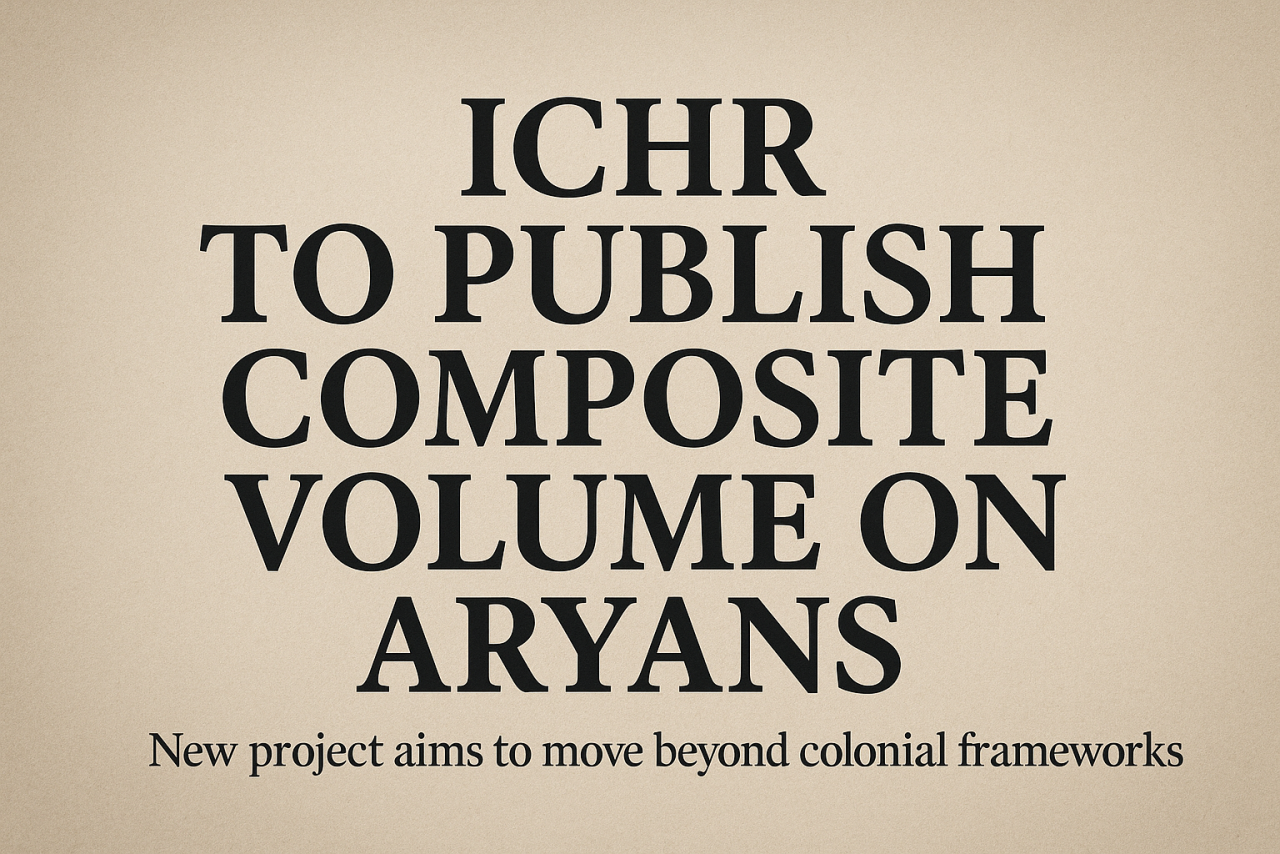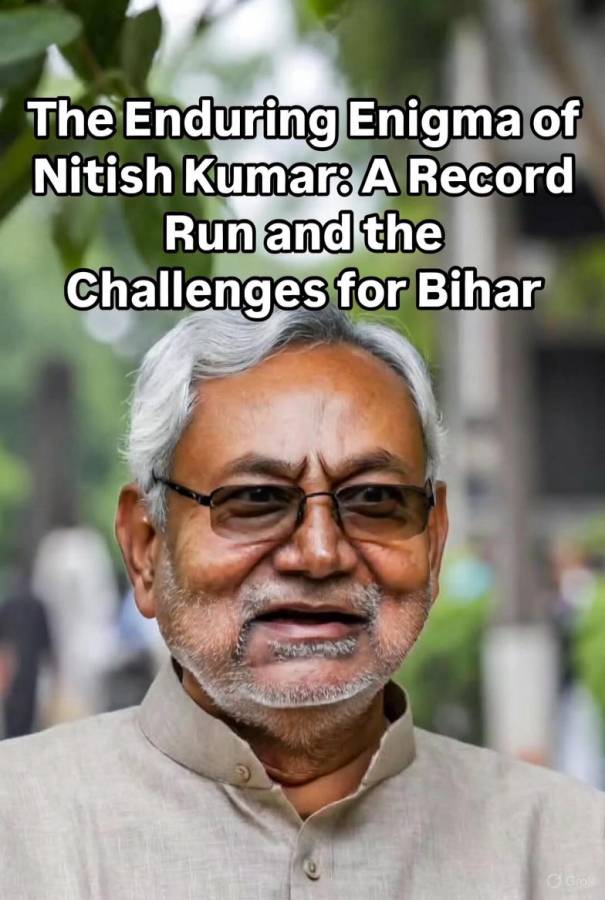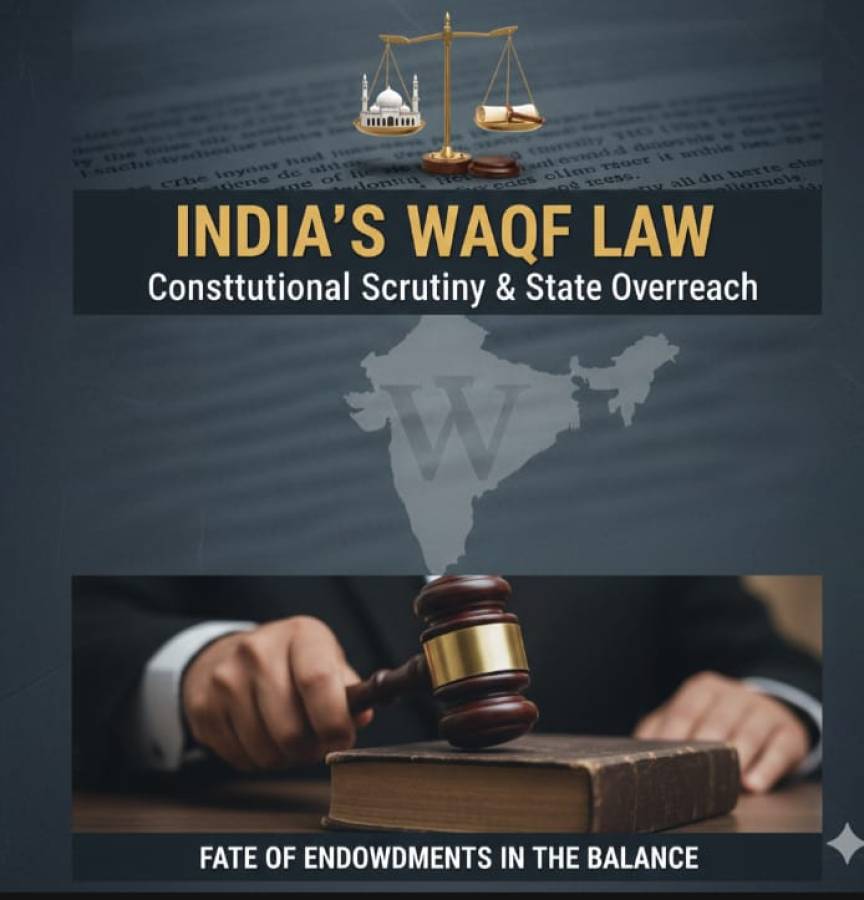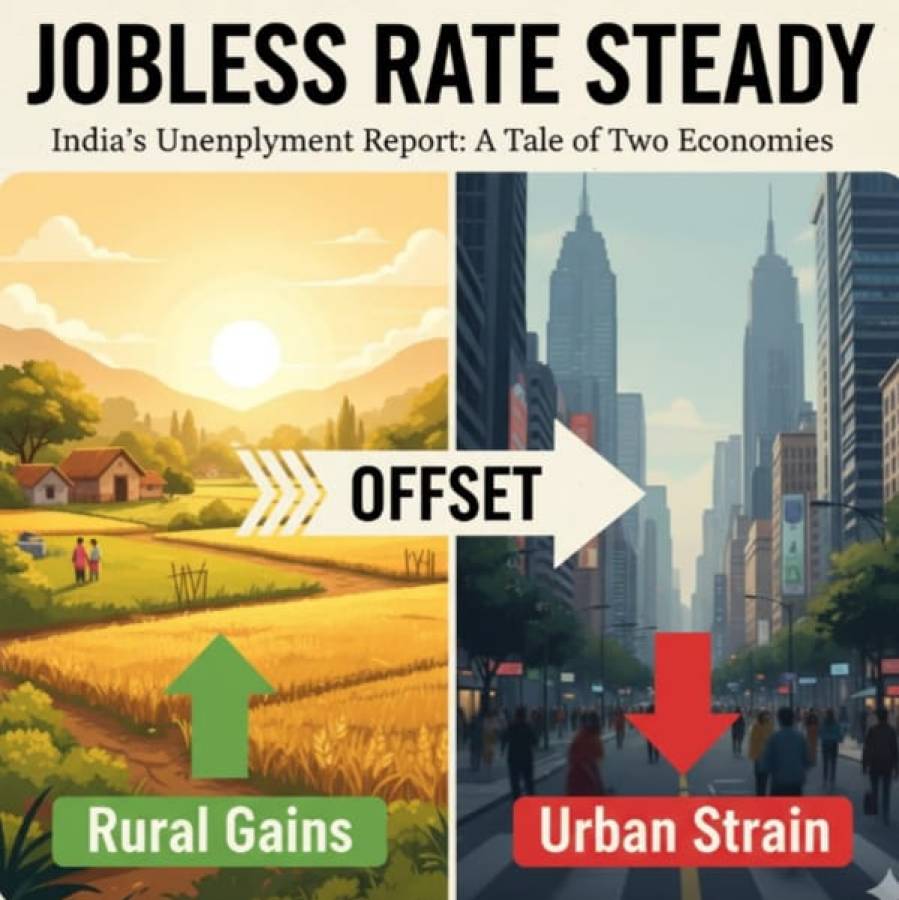
The eagerly awaited 30th UN Climate Change Conference (COP30), scheduled for November 10–21, 2025, in Belém, Brazil, is facing an unexpected crisis—one that has nothing to do with carbon, yet could severely undercut global climate diplomacy.
A drastic shortage of hotel rooms in the Amazonian host city has caused accommodation prices to skyrocket, leaving many smaller and economically constrained nations struggling to afford attendance. As the world prepares to mark a decade since the Paris Agreement, the very nations most affected by climate change now risk being priced out of the conversation.
An Amazonian Challenge
Brazil chose Belém precisely to spotlight the Amazon rainforest’s pivotal role in regulating the Earth’s climate. Yet the decision has exposed a severe logistical gap. The city, with roughly 18,000 hotel beds, is now preparing for an estimated 45,000 delegates—a mismatch that has sent prices soaring and created a chaotic scramble for rooms.
Reports indicate hotel rates have ballooned to hundreds or even thousands of dollars per night. Early booking platforms showed rates from $360 to $4,400 a night. While recent prices have dipped slightly, many now start at $150—still beyond reach for delegations from lower-income nations.
Latvia’s climate minister, Melnis, has said the prices are “too expensive” for their country’s budget, noting that virtual participation might be the only feasible option. Lithuania has echoed similar concerns after being quoted accommodation costs exceeding $500 per night per person.
Excluding the Most Vulnerable
For small island and developing nations, the situation poses a deeper moral and political dilemma. Ilana Seid, chair of the Alliance of Small Island States (AOSIS), warned that the lack of affordable lodging “places vulnerable nations at a severe disadvantage.”
These states depend on climate summits to secure vital adaptation and financing commitments. Their absence or reduced participation could tilt negotiations in favor of wealthier countries and dilute the legitimacy of resulting agreements. A conference meant to amplify global solidarity may instead risk reflecting economic disparity.
Brazil’s Response: A Desperate Search for Space
Amid growing international concern, Brazil’s COP30 organizing committee has scrambled to find creative solutions. Authorities have begun converting cruise ships, churches, and even “love motels” into temporary accommodations.
The host government has rejected calls to relocate the summit, citing Belém’s symbolic importance as the “gateway to the Amazon.” Instead, it has proposed a partial relief plan—offering:
- 15 rooms under $220 per night for each developing nation’s delegation, and
- 15 rooms under $600 per night for each wealthy nation’s delegation.
The United Nations has also stepped in, expanding its financial subsidies to help lower-income countries participate. Yet logistical pressures remain intense. As of late September, the Brazilian COP30 Presidency reported that 81 countries were still negotiating for hotel rooms, while 87 had successfully secured accommodation.
A Summit at Risk
COP30 carries extraordinary significance. It marks ten years since the Paris Agreement—a milestone moment intended to accelerate progress toward limiting global warming to 1.5°C. Nations are expected to present updated climate action plans (NDCs) and commit to faster implementation of emission-reduction strategies.
However, the unfolding accommodation crisis threatens to overshadow this mission. Excluding the poorest nations from the room undermines the very foundation of climate diplomacy—shared responsibility. If participation becomes a privilege of the wealthy, the credibility of COP30 could crumble before the negotiations even begin.
As the Amazon’s capital braces for the world’s largest climate gathering, the irony is hard to miss: a summit designed to unite the planet in climate justice risks being undone by economic inequality. Unless swift, inclusive solutions emerge, Belém’s COP30 may be remembered less for its environmental breakthroughs and more as the conference that priced out the planet’s most vulnerable voices.


